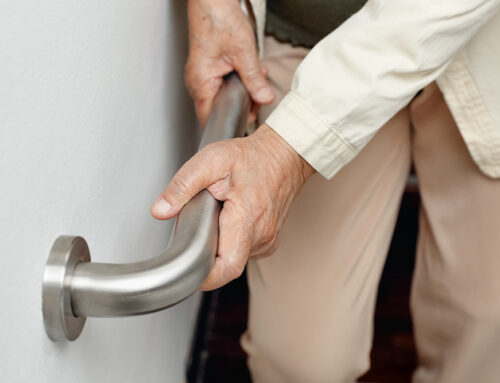Caring for your elderly parents is a strange feeling. Though you clearly would do anything for them, it’s strange because they spent decades doing anything in the world for you. They have seen you at your absolute worst, cared for you, and taught you just about everything, not to mention shaped you into the person you are today. Needless to say, you owe them one.
The truly difficult part, however, is when your elderly parents begin to struggle both mentally and physically with tasks they used to excel at.
There are currently more than 5 million Americans living with dementia, especially Alzheimer’s, and that number could rise to 16 million over the next 33 years. It’s important that you look at dementia as a real disorder that can alter your parent’s life.
Here are some early signs of dementia to beware of.
- Subtle short-term memory loss
- Mood swings
- Struggling to find the right words
- Increased fits of confusion
- Difficulty following along
- Being repetitive
What’s the Next Step?
Be sure to talk to your parent about their health and wellbeing and be as respectful as possible. It’s important that you reassure them that just because they’re struggling with memory care more than they have in the past, doesn’t mean that they aren’t who they have always been. They are still your parents and need to be treated with care and compassion. Your best bet, after you’ve discussed it with your parent, is to visit quality nursing homes. Many of these facilities have highly trained professionals who are experienced in caring for patients with dementia. Moving your elderly loved one into a nursing home can be an extremely difficult decision to make, but if you truly believe it will benefit them, you need to do it.






